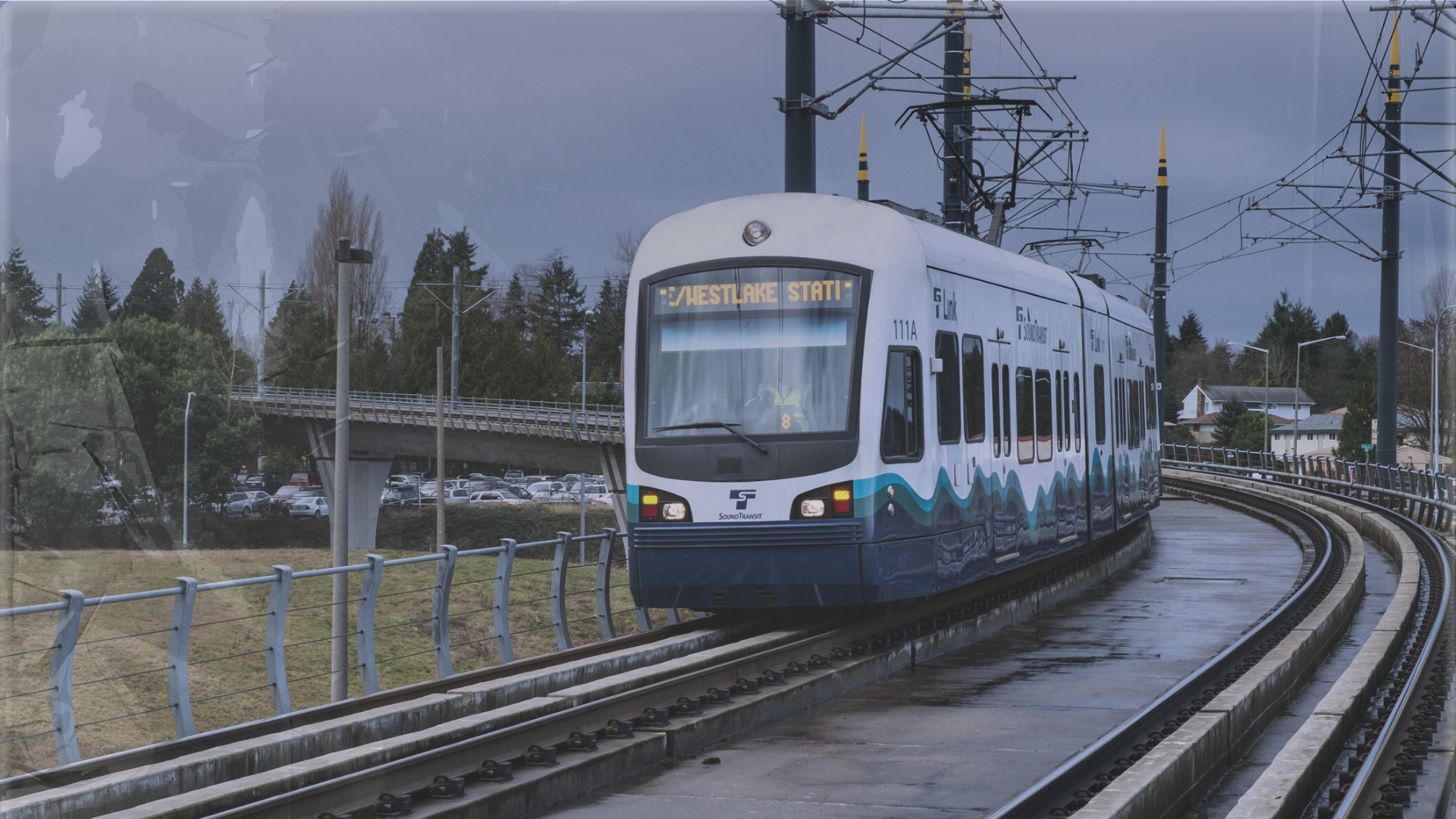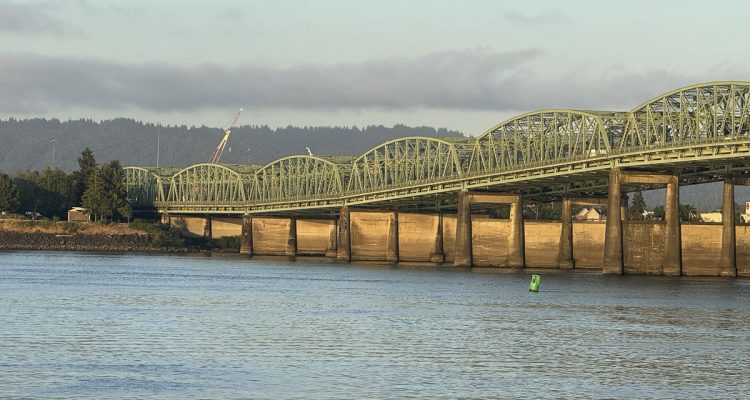Earlier this year the Seattle City Council passed Ordinance 124690, forcing the use of costly Project Labor Agreements (PLAs) and “Priority Hire” on public projects of $5 million or more. The new rule hurts the public interest because it inflates project costs; studies show PLAs artificially boost project costs by 12% to 18%. PLAs eliminate competitive bidding, pushing labor costs higher than normal market wages.
A PLA is an insider agreement with labor unions designed to stifle competition and drive up costs. The insider union agreement does not formally bar non-union contractors from bidding, but it effectively discourages it.
PLAs usually force non-union firms to pay union labor rates and require non-union contractors to hire employees through union-controlled hiring halls. Seattle’s new PLA rule only allows firms to hire five of their current employees before turning new hiring over to union control.
PLAs also force firms to pay union dues for employee benefits, even though many employers already provide their own benefits to employees.
Backers of the insider deals say they promote a more effective and safer workplace, but PLAs do not improve safety or project delivery. The PLA used on the Alaskan Way Viaduct Tunnel has failed to reduce labor disruptions, and it has not improved safety or cut project delays.
In August 2013 work on the tunnel stopped as union picket lines, in a fight over four job positions, kept workers off the site. The project remained idle for a month. Governor Inslee said delay would cost “in the millions of dollars.” The labor dispute was the first of many ongoing delays on the project.
Safety has also become an issue on the project as KOMO News recently reported, “Injuries on the rise for troubled Seattle tunnel project.” The costly insider PLA, insisted on by union executives, has not improved safety for construction workers.
Project Labor Agreements show an inability to reduce risk and protect taxpayers, but instead they dramatically increase labor and project costs. Washington state and Seattle officials should ensure that all contractors, union and non-union, compete on a level playing field to serve the public interest and provide the best value to taxpayers. Sweetheart union deals and anti-competitive policy choices leave taxpayers paying more but receiving less.




